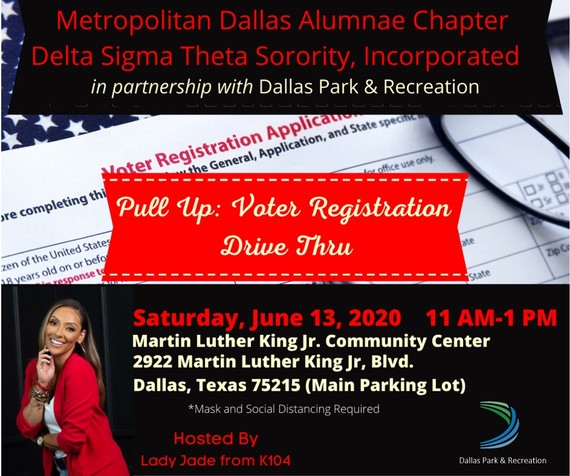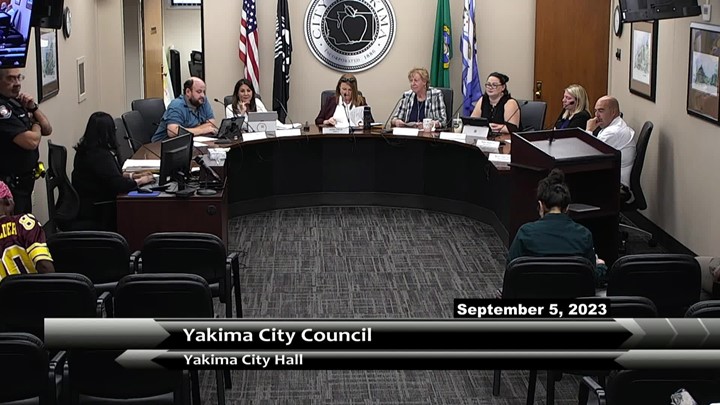The fabric of our democracy is unraveling, and local elections are at the heart of this crisis. Shocking statistics reveal that only one-third of eligible voters participate in these critical contests, leaving our local governments vulnerable to the whims of a disconnected minority. This apathy is not just a statistic; it translates into policies affecting our daily lives, from education to public safety, and it is time to sound the alarm.
Voter Turnout Plummets in Local Elections
Participation in local elections has reached alarming lows, with many citizens unaware of how these elections shape their communities. According to a report by Big Cities - Tiny Votes, turnout for local elections is often a fraction of that seen in presidential contests. This disenfranchisement of the electorate has dire implications for democratic governance.
Local Leaders Hold the Power
While national politics often dominate headlines, it is local leaders who wield significant influence over our lives. Your mayor, city council, and school board members make decisions that affect everything from public school funding to local law enforcement policies. As reported by political science experts, local elections matter more than most Americans realize. Yet, the lack of engagement signifies a deeper disconnect between the electorate and their representatives.
\n\n
Drive-thru voter registration is today at Martin Luther King Jr…
The Impact of Election Timing
Research indicates that the timing of local elections plays a crucial role in voter turnout. A study from Harvard University demonstrates that aligning local elections with national contests can increase voter engagement, particularly among younger and non-white voters. This finding underlines the necessity for strategic reforms that can reinvigorate civic participation and restore faith in local governance.
Understanding the Consequences of Apathy
When citizens opt out of local elections, they inadvertently cede power to a small, often unrepresentative group of voters. This can lead to policies that do not reflect the needs of the broader community. The implications are dire: inadequate funding for schools, neglect of public safety, and a failure to address urgent issues like affordable housing. The voices of marginalized communities are especially at risk of being silenced, perpetuating cycles of inequality.
\n\n
Yakima City Council September 5th Regular Meeting Review ...
Rebuilding Trust in Local Government
Restoring faith in local governance is essential for a thriving democracy. The research by E Plutzer highlights that elected officials often share the same skepticism about electoral legitimacy as ordinary citizens. This shared distrust must be addressed to foster a more inclusive political environment. Strategies to enhance transparency, increase community engagement, and ensure equitable representation are vital for rebuilding social trust.
It is imperative that we mobilize our communities to recognize the power of their votes in local elections. The time for complacency is over; we must demand accountability from our leaders and actively participate in the democratic process at all levels. Local elections are not just about choosing officials; they are about shaping the future of our communities.




![[Video] Putin ready to refrain from deep strikes in Ukraine during elections](/_next/image?url=%2Fapi%2Fimage%2Fthumbnails%2Fthumbnail-1766158260919-wednc8-thumbnail.jpg&w=3840&q=75)


![[Video] Gunfire between Iraqi security forces and Sadr militias in Baghdad](/_next/image?url=%2Fapi%2Fimage%2Fthumbnails%2Fthumbnail-1768343508874-4redb-thumbnail.jpg&w=3840&q=75)
